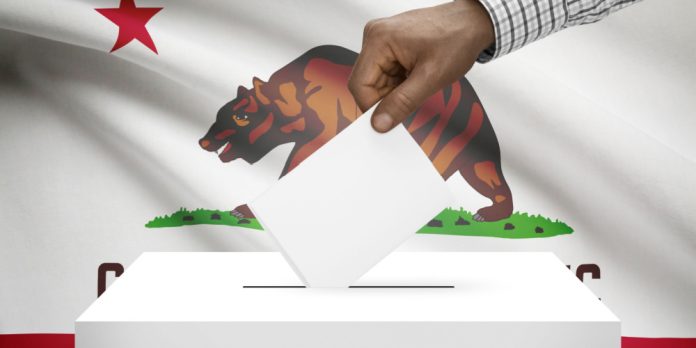There are two new sports betting ballot initiatives in California but, based on the immediate response, they are likely not going very far.
Ryan Tyler Walz of Eagle One Corp filed the measure, called The Sports Wagering Regulation and Tribal Gaming Protection Act.
The broad strokes of the bill would allow tribes in the state to contract with companies to create online betting apps that are mandated to be branded with the tribes’ names and not a national commercial brand. The act would feature in-person registration.
The measure would also include an element that was very controversial to its predecessor, Prop 26, which would give tribal casinos the opportunity to expand table game offerings on property.
The companion initiative is called The Tribal Gaming Protection Act, which would expressly criminalize anyone but tribes offering sports betting in the state.
Problem is, it appears the measure may be tribal in name, but it seems the group did not consult with many key tribal stakeholders, including the California Nations Indian Gaming Association. The group’s chairman, James Siva, issued the following statement:
“The California Nations Indian Gaming Association is deeply disappointed that the sponsors of the two recently filed initiatives did not first reach out to the State’s largest tribal gaming association for consultation and input. Instead, CNIGA and our member tribes were alerted to their existence when they were filed with the Attorney General today.”
CNIGA’s membership includes 50 different tribes within the state.
“Decisions driving the future of tribal governments should be made by tribal governments. While the sponsors of these initiatives may believe they know what is best for tribes, we encourage them to engage with Indian Country and ask, rather than dictate.”
The measure seems connected to a rumored proposition from the Pala Band of Mission Indians. Reeve Collins, the co-founder of Pala Interactive, is listed as part of the push.
While the election is not until November 2024, the initiatives are actually running behind the timetable to make the ballot. Now that the initiatives are filed, the petitioners have to wait 65 days before they can begin collecting the nearly 875,000 signatures needed to make the ballot. Those signatures have to be collected by the end of April.
With the immediate backlash and the tight window, odds are already long that this makes the ballot. If it did, it would come just two years after Proposition 26 and 27 were voted down by state residents by historic margins.













